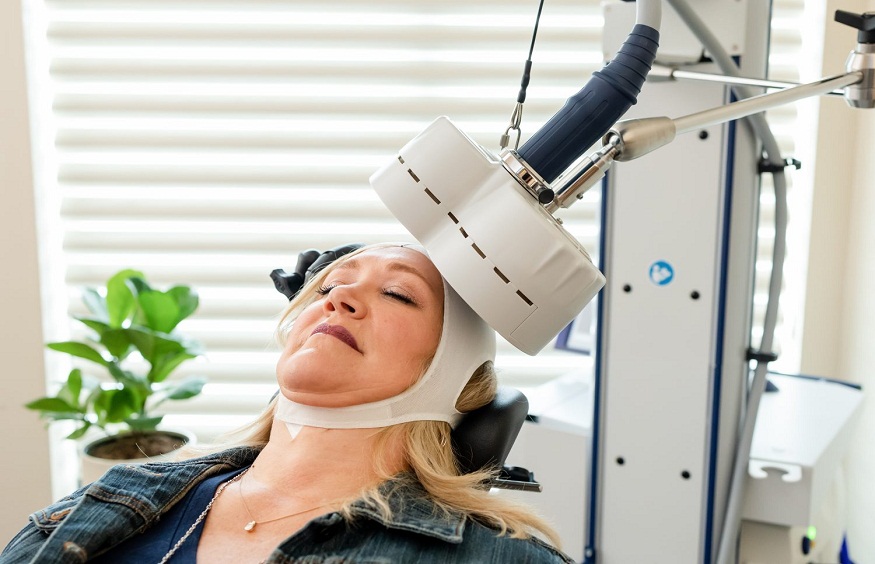TMS Treatment: What You Need to Know?
 Transcranial Magnetic Stimulation, or TMS, represents a very innovative treatment option in a non-invasive manner for patients who suffer from depression, among many comorbid psychiatric disorders. The following discourse represents an overview of what you should know in finding and evaluating options of TMS treatment near you.
Transcranial Magnetic Stimulation, or TMS, represents a very innovative treatment option in a non-invasive manner for patients who suffer from depression, among many comorbid psychiatric disorders. The following discourse represents an overview of what you should know in finding and evaluating options of TMS treatment near you.
Transcranial Magnetic Stimulation, or TMS, is a non-invasive procedure that uses magnetic fields to stimulate the nerve cells of the brain. It is generally resorted to in the treatment of Major Depressive Disorder, or MDD, when patients have failed to respond to other forms of treatment such as pharmacological interventions or psychotherapy. TMS acts on those regions of the brain that are involved in the regulation of mood and has been proven to reduce symptoms of depression.
How Does TMS Work?
In a TMS Treatment near me,stimulation in the brain can help in the enhanced functioning of the brain and helps in lessening the symptoms of depression. The treatment typically is done in a series of sessions-usually 30 to 40 minutes-and can be done on an outpatient basis.
Applications of TMS
Depression:
Major Depressive Disorder, or MDD, is one of the most common uses of PRTMS. It offers a glimmer of hope for patients who have not responded to medication and antidepressant treatment. This treats underactive areas of the brain responsible for mood regulation, thus helping improve emotional well-being.
Anxiety:
Similar to its application for depression, TMS can regulate those areas of the brain that contribute to heightened anxiety and stress responses.
Migraines:
As a neurological condition, migraines have also responded well to the TMS. In this respect, stimulation of certain regions of the brain would help patients alleviate chronic migraine issues.
Conclusion
TMS is a hopeful treatment option for patients who experience depression and have failed to see positive outcomes with more traditional treatment methods. This innovative treatment may be what helps alleviate your symptoms, once you research and find a reputable provider near you. If you’re considering TMS, consult with your healthcare professional to explore whether this may be the right treatment for you, and take that first step toward your journey of better mental health.
